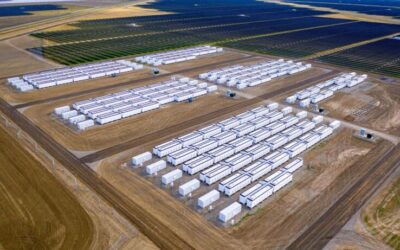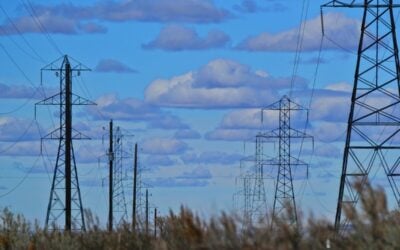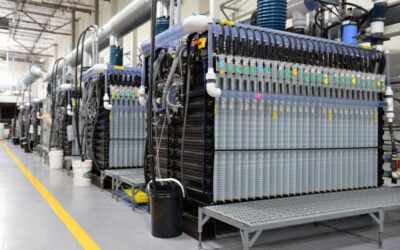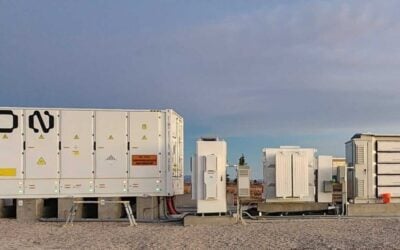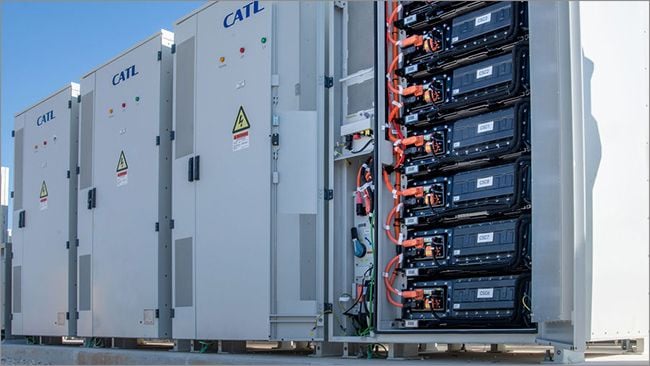
US utility Duke Energy has announced the completion of three battery energy storage system (BESS) projects totalling around 34MW/58MWh in Florida.
The three lithium-ion systems are in the Gilchrist, Gulf and Highlands counties and will improve grid reliability and critical services in the event of an outage.
The largest of the three at 18MW will be located at Duke’s 45MW Lake Placid Solar Power Plant in Highlands while the smaller two are standalone sites of 11MW and 5.5MW at Trenton and Gulf respectively. It says the colocated battery will make Lake Placid’s energy dispatchable by its grid operators – Duke Energy Florida is responsible for managing the grid in the state.
The company did not reveal the durations of the battery systems in the press release, but a report provided by the company to Florida’s public service commission in April last year revealed the systems’ guaranteed energy storage for a minimum of 10 years.
Try Premium for just $1
- Full premium access for the first month at only $1
- Converts to an annual rate after 30 days unless cancelled
- Cancel anytime during the trial period
Premium Benefits
- Expert industry analysis and interviews
- Digital access to PV Tech Power journal
- Exclusive event discounts
Or get the full Premium subscription right away
Or continue reading this article for free
It says that Lake Placid will have a storage capacity of 34MWh making it a roughly two-hour system; Gulf County will 14.3MWh of energy making it about two-and-a-half hours; while it implies Trenton’s duration will be just under an hour, with a capacity of 10.1MWh on power of 11MW.
It adds, in reference to these and three other BESS projects: “These projects may serve a variety of purposes including, but not limited to substation upgrade deferral, distribution line reconducting deferral, power reliability improvement, frequency regulation, Volt/VAR support, backup power, energy capture, and peak load shaving.”
A press release photo indicates the batteries at at least one site are being supplied by CATL, the largest lithium-ion battery producer in the world.
By the end of 2022, Duke Energy says the six projects in Florida will have a combined 50MW power. The other three are in Jennings (5.5MW/5.5MWh), Micanopy (8.25MW/11.7MWh), and a 1.5MW/2.5MW solar-plus-storage microgrid at a school in Pinellas County. The company has previously said that installing storage is an economic alternative to building out its distribution grid.
Florida has been slower than other states like California and Texas when it comes to adding energy to its grid. But it did recently unveil the largest BESS to be be paired with solar PV late last year.
Duke Energy also recently announced a partnership with technology group Honeywell to set up microgrids across the US.


